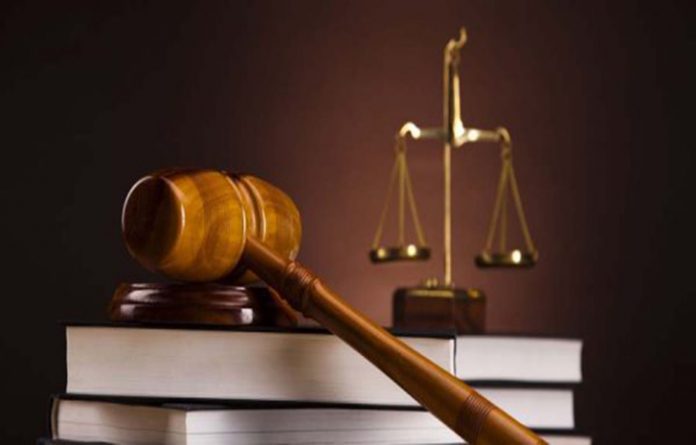The ECOWAS Court of Justice has dismissed a case lodged by six Nigerians alleging that a Bill on hate speech pending before the country’s National Assembly posed an imminent threat to their right to freedom of expression
In dismissing the case, the Court noted in its judgment delivered by Justice Edward Amoako Asante, that the action was premature as it was based on an alleged Bill, which, at the time of filing the Application, was yet to pass through all the stages of promulgation of law in the Respondent’s National Assembly. It added that the Applicant could not prove a future or imminent violation of their rights.
Moreover, the Court said that the Applicants did not produce a certified copy of the Bill, the subject matter of the instant suit and the evidence of proceedings in the National Assembly.
In suit no ECW/CCJ/APP/43/19, Jacob Abdullahi and five others had sued the Federal Republic of Nigeria over a proposed Bill of Hate Speech, which they believed would suppress, cow and sanction free speech once it is passed into law.
The Applicants said the National Assembly of the State of Nigeria was debating the National Commission for the Prohibition of Hate Speeches Bill otherwise known as the Hate speeches Bill, which will among other things will criminalise speeches deemed inciting or defamatory.
They alleged that the Bill would be used as an instrument by the Government to shut criticism of government and its officials and was therefore against public interest and a violation of their rights to freedom of expression in all its ramifications
The Applicants claimed that, due to national and global outcry, the Respondent’s Legislature dropped the proposed death sentence penalty in the Bill for some offences and reverted to lesser sentences without dropping the criminal elements.
The Applicants claimed that journalists and the media profession would be susceptible to arrest, intimidation, harassment and detention for making critical comments or remarks about the government once the law was enacted.
The Applicants therefore urged the Court for an order restraining the Respondent from further doing anything or taking any action including legislative sessions, proceedings and debates towards actualizing the enactment of the law on ‘Hate Speech’ either by themselves, their agents, servants and privies.
They also asked the Court to grant a perpetual injunction restraining the Federal Republic of Nigeria from further acts and/or omissions towards creating restrictions, barriers and limitations against the exercise and enjoyment of the Applicants’ fundamental rights to freedom of speech and expression.
They asked the Court to award 25,000 USD in damages against the State of Nigeria.
In its response, the Respondent State stated that the protection of freedom of expression and the press have been entrenched by Section 39 of its Constitution with noted exceptions under Section 45(1) (a) & (b).
The Respondent contended that the Bill was at the hearing stage where memoranda are solicited from the public to capture their grievance and that the Applicants ought to have waited to approach the House with their grievances or observations when the Bill reached that stage.
The Respondent stated that the Applicants have also not placed any sufficient evidence to prove their claims including failure to submit a certified copy of the Bill or attach any evidence as to the stage of the process for the passage of the Bill before National Assembly.
The Respondent therefore urged the Court to dismiss the application for lacking in merit.
Also on the panel were Justices Keikura Bangura and Januária T. S. Moreira Costa.
GIK/APA


